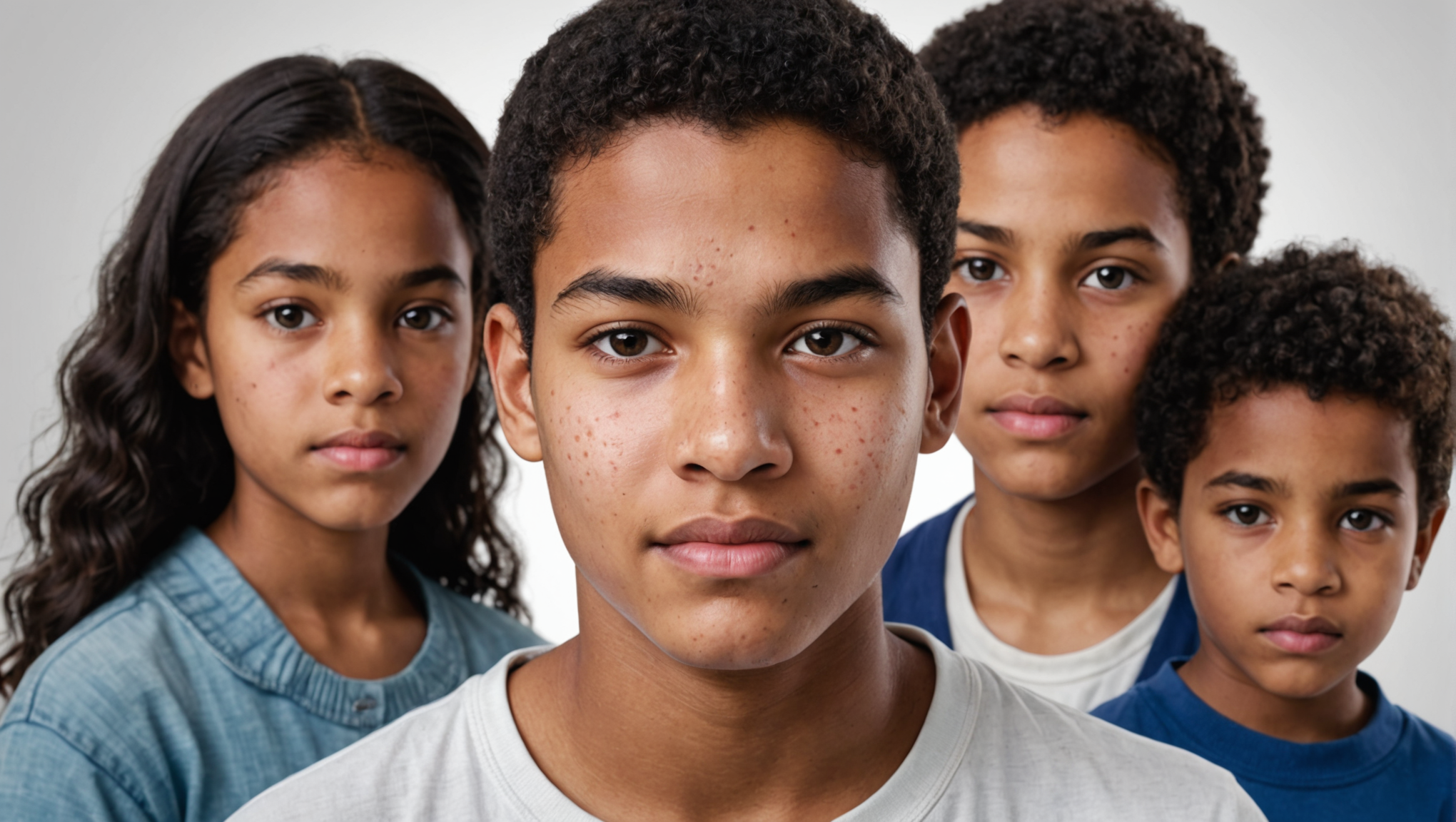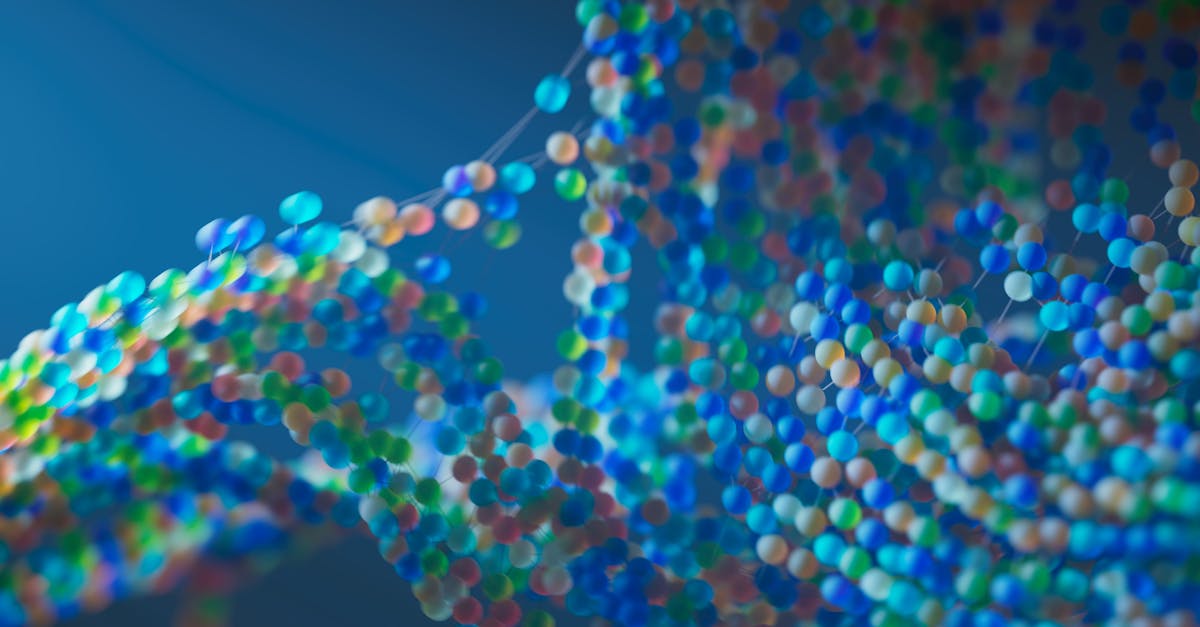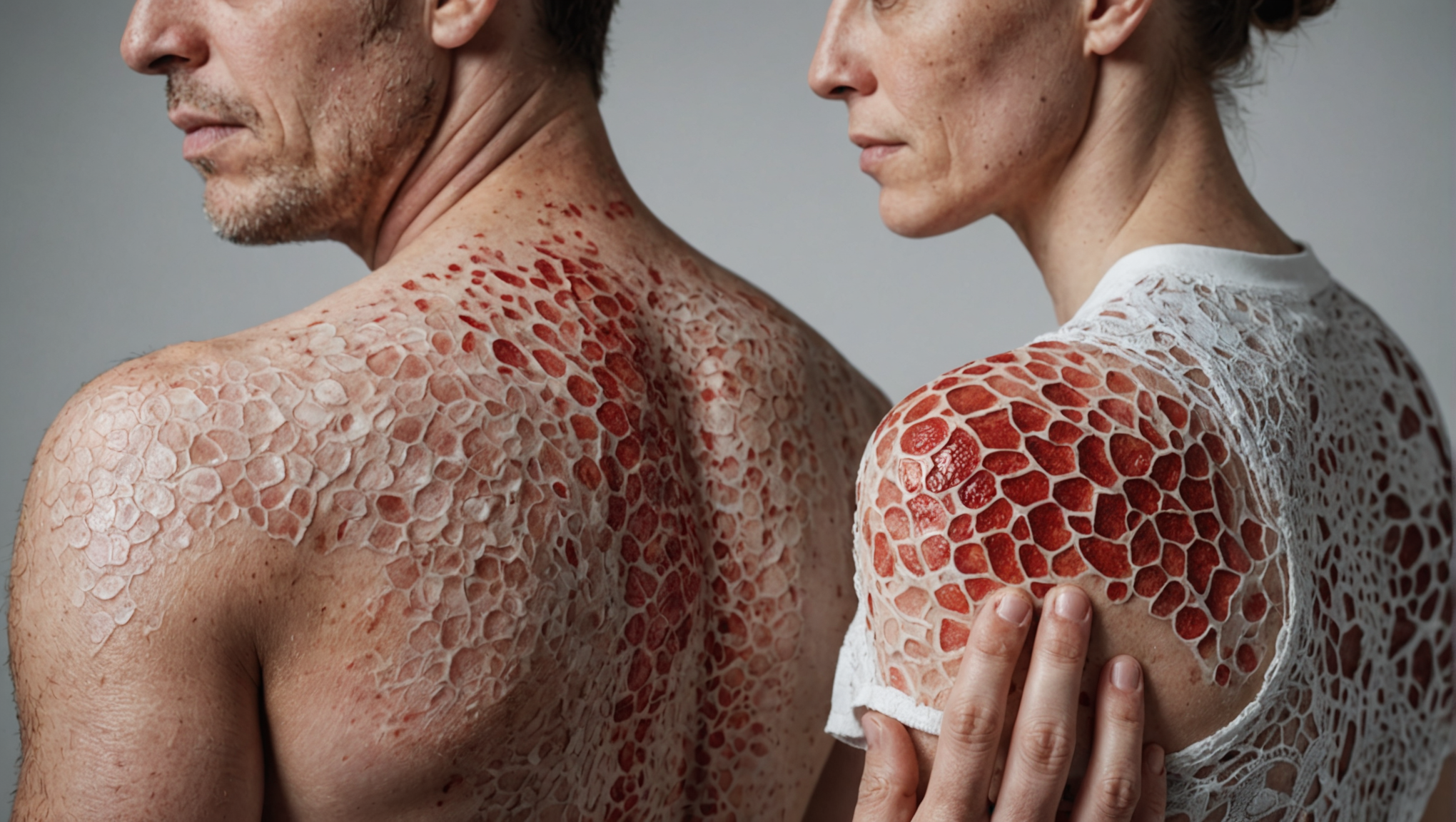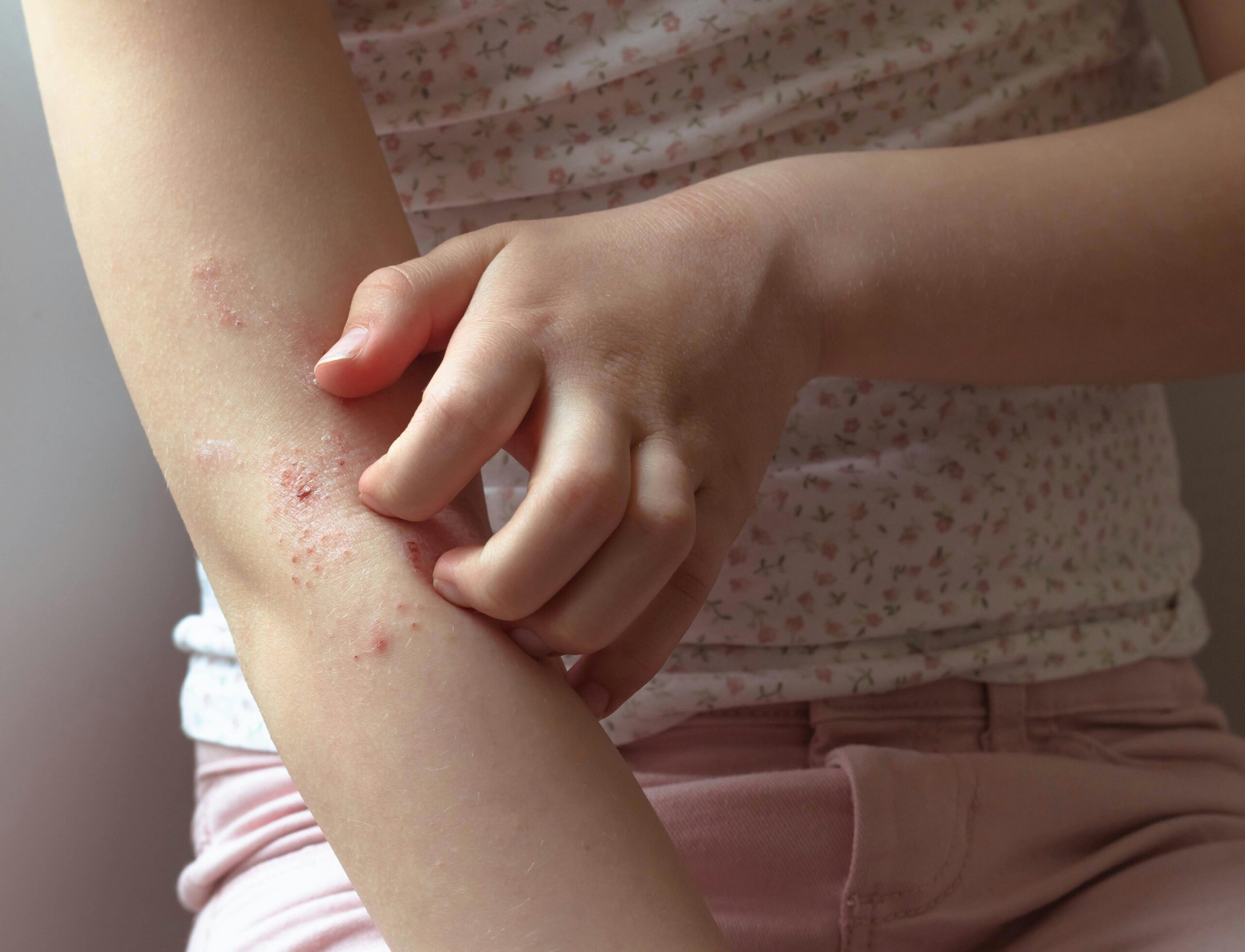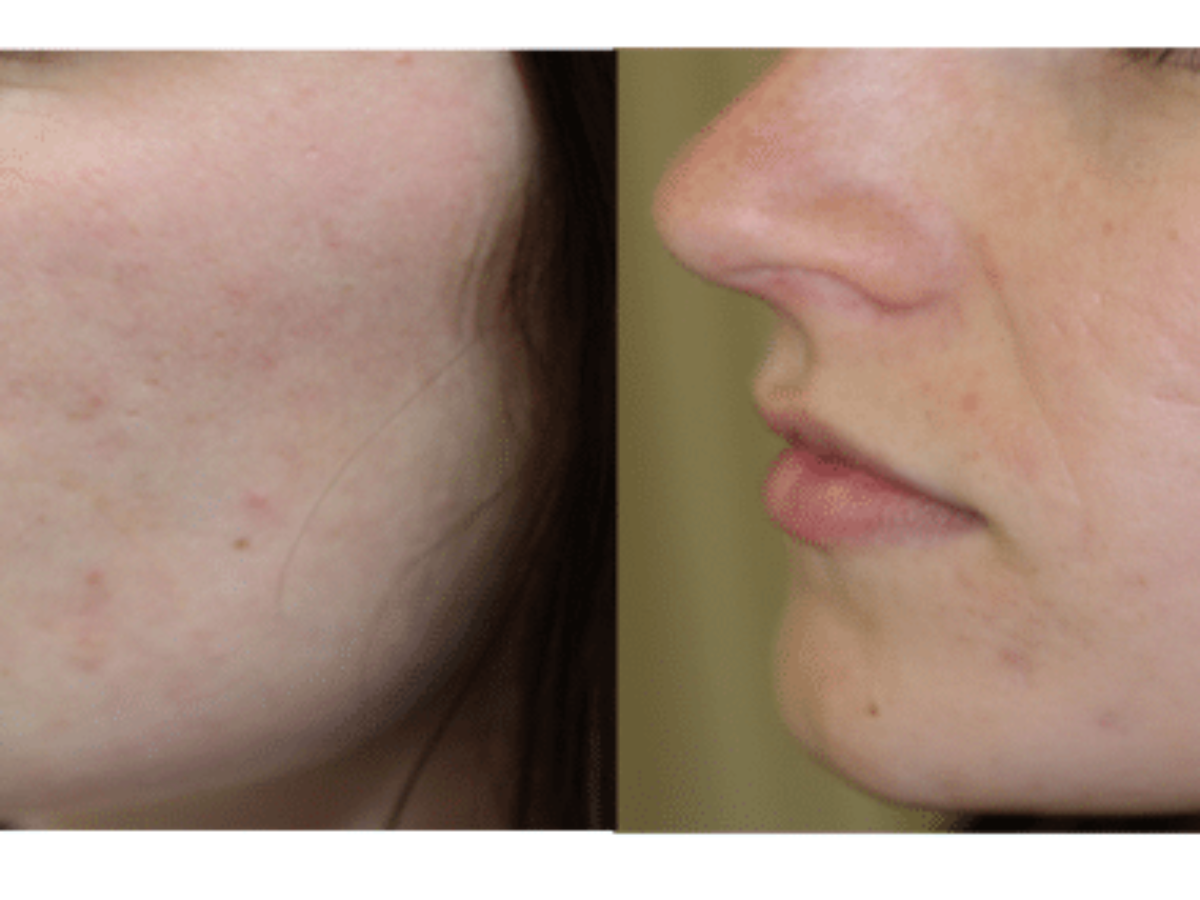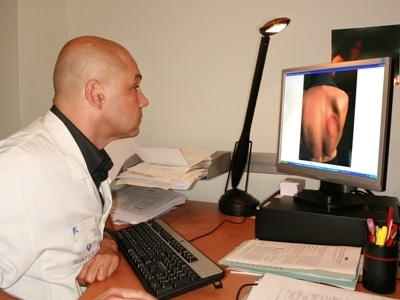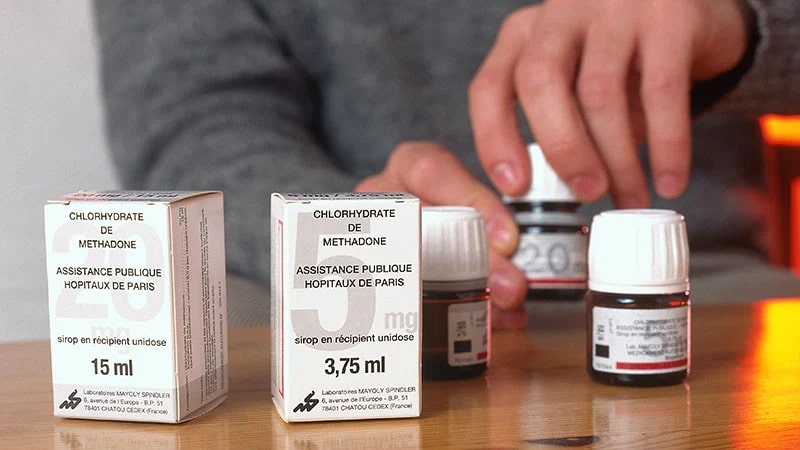Acne is a skin condition common at different ages, affecting both adolescents and adults. It manifests itself by pimples and inflammation, which can have consequences on the quality of life of those affected. There prevention and the treatment Acne varies depending on age, severity of symptoms and individual factors. It is therefore essential to understand the different aspects of this disease, as well as the strategies adapted for each age group, in order to better manage and mitigate its impact on the skin.
|
IN BRIEF
|
Acne is a common skin condition that can affect individuals at different ages. It can manifest itself by skin lesions such as pimples, comedones and cysts, sometimes a source of discomfort and complexes. In this article, we will discuss the prevention and the treatments acne according to age, highlighting the appropriate methods, hygiene practices and medical interventions necessary for each age group.
acne in adolescents
Acne is particularly common among adolescents, due to hormonal changes associated with puberty. This phenomenon can cause acne breakouts, often severe. To prevent juvenile acne, it is essential to adopt a rigorous hygiene. This includes daily cleansing of the skin with suitable products that do not cause irritation.
THE first-line treatments for adolescents usually include gels and creams. Active ingredients such as benzoyl peroxide and the retinoids are often recommended. In more severe cases, antibiotic treatment may be necessary to reduce inflammation and active acne.
Acne in preteens
Acne can also affect preteens, and it is important to consult a dermatologist to assess the situation. Early diagnosis is crucial to determine the most suitable treatment depending on the form and severity of acne.
Preventive measures include advice on choosing skincare products specially formulated for young skin. Parents play a key role in making their children aware of the importance of sun protection and hydration of the skin to prevent worsening of acne.
Acne in adults
In adults, acne can result from a variety of factors, including hormonal fluctuations, stress and an unbalanced lifestyle. To prevent acne at this stage of life, it is advisable to adopt a healthy eating, to limit the consumption of fatty and sugary foods, as well as to integrate regular physical activity.
Treatments for adult acne can include topical treatments, but sometimes oral therapies like antibiotics or oral contraceptives can be considered, especially when acne is persistent or recalcitrant. Regular follow-up with a healthcare professional is essential to adjust treatments based on the skin’s response.
General advice for all ages
Regardless of age, a few general tips can help alleviate acne. First of all, it is crucial to respect a daily care routine : facial cleansing morning and evening, use of suitable products, and avoidance of skin irritants. Also avoid touching the face to reduce the risk of infection.
Furthermore, the sun protection is essential, because certain treatment methods can make the skin more sensitive to the sun. Regular application of sunscreens with a high protection factor is therefore essential to prevent complications such as pigmented scars.
Finally, it is advisable to consult a dermatologist in case of doubts or worsening of acne. This professional will be able to prescribe the most appropriate treatment for each situation, thus guaranteeing personalized and effective follow-up.

